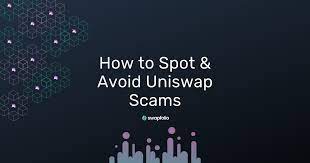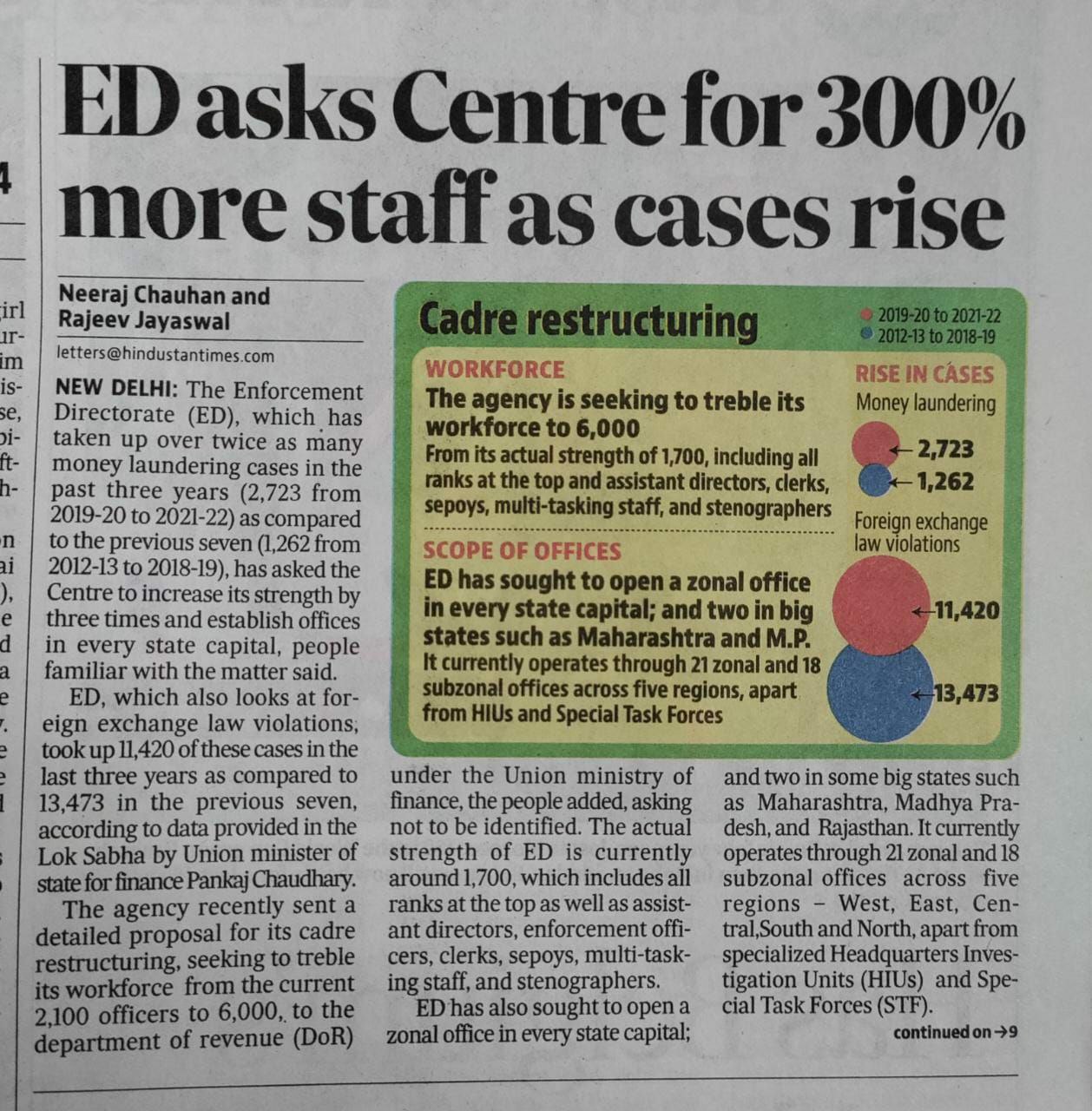Uniswap Scams: How to Identify and Avoid Scams
Table of Contents
Uniswap Scams: How to Identify and Avoid Scams
Is Uniswap Safe?
- As part of this movement, Uniswap’s decentralised exchange has become one of the most popular platforms, offering swaps between Ethereum (ETH) and various ERC-20 tokens, as well as liquidity pools where users can earn returns by depositing tokens — all without having to entrust funds to a centralised intermediary.
- Uniswap, on the other hand, has become a prominent target for scammers as one of the most popular locations in the DeFi ecosystem.
- While there are always risks in the still-developing DeFi area, especially considering the amount of crypto hacks, Uniswap is safe provided you exercise caution and use the tips below to look for indicators of scammers.
Read Also : bitcoin-and-cryptocurrency
Common Scams
- The rise in DeFi has coincided with an increase in attempted frauds, with some of the more popular varieties listed below.
1. Fake Tokens Imitations
- The decentralised structure of platforms like Uniswap has many advantages, including open and free token listings, which make launching new businesses far more smooth and cost-effective than on centralised platforms.
- Because this process is available to everyone, scammers will frequently uncover a new valid token going to be listed and construct a listing that is remarkably identical to it before the official one.
- Using pre-existing branding and communities awaiting the genuine launch, scammers can dupe participants into purchasing bogus tokens, take the funds, and leave victims with worthless tokens and no redress.
2. Scam Meme Coins
- Since the rapid rise of Dogecoin, a dog-themed meme cryptocurrency, the crypto market has been flooded with a plethora of meme coins and projects. These meme currencies aren’t necessarily fake coins with fake contracts, but they do offer token holders exponential profits in an unrealistically short time frame.
3. Project Exit Scams
- Promoters of presumably legitimate tokens can entice investors by implying that their project will be successful or promising deceptively impressive metrics and returns, only to disappear with the money after the launch or, in some cases, after a longer period of time once confidence and credibility have been established.
4. Liquidity Pulls
- Liquidity pulls, also known as “rug pulls,” are widespread on decentralised exchanges such as Uniswap, where Ethereum (ETH) taken from freshly posted, often exuberantly marketed, token purchases is suddenly removed, preventing victims from selling the new tokens and recouping their investment
5. Social Engineering
- As users have become more cautious about the tokens and pools with which they interact, scammers have devised increasingly creative methods to dupe participants into handing over their money.
- One of the most recent trends is to use complex swap tools on DEXs such as Uniswap or PlasmaSwap to make it appear that well-known community influencers are investing in a particular token.
How to Identify & Avoid Scams

- Before depositing your assets somewhere, it’s critical to conduct the essential due diligence and analysis for warning signs.
- As users have become more cautious about the tokens and pools with which they interact, scammers have devised increasingly creative methods to dupe participants into handing up their assets.
- One of the most recent trends is to use complex swap features on DEXs such as Uniswap or PlasmaSwap to make it appear as though well-known community influencers are investing in a particular currency.
1. Research the Project
- While not all anonymous or pseudonymous development teams should be considered dubious — Bitcoin is an obvious example — such teams should be scrutinised unless they can be backed up by other reliable sources.
- They should be handled with caution because scammers are virtually always anonymous or pseudonymous, and there is no way to tell who is good and who is harmful.
- If the team is open and honest, you should conduct background checks to ensure that their skill set, connections, and expertise are real and legitimate.
- You should also make sure that the team does not own the most valuable tokens in circulation. Another red signal is if they aren’t forthcoming about it or simply provide hazy details.
2. Check for Smart Contract and Code Audits
- Professionals should audit genuine projects’ smart contracts and code to verify there are no defects that could affect users.
- Audits are costly to conduct, therefore a lack of auditing does not imply that the projects aren’t legitimate; it simply means that, once again, the projects aren’t being audited.
- They should be handled with caution because it’s difficult to tell the difference between legitimate initiatives that can’t afford audits and scammers who won’t pay for it.
3. Verify Using Trusted Sources
- Rather of searching for tokens or pairs on Uniswap, go to a trustworthy source, such as the CoinMarketCap or CoinGecko crypto tracking websites, to ensure you’re selecting legitimate ones.
- You can also use explorers like Etherscan and Ethplorer to check if it’s authentic.
- Because explorers will display all addresses, both good and evil, it is necessary to go through a trusted source once more. Simply search for the token name on CoinMarketCap, then select an Explorer from the pull down selection towards the top and click on it:
- You may then compare this to the contract address shown in Uniswap.
4. Analyze the Contract Address
- Explorers such as Etherscan can be used to check the critical analytics required to make a better informed conclusion.
- Examine total liquidity, volume (during a 24-hour period), transactions (over a 24-hour period), the last transaction, and when liquidity was added or deleted. Another red indicator is if any of these are low or non-existent.
- You should also use a DEX with features like Uniswap or PlasmaSwap to evaluate the contract address. Examine the total liquidity, volume, and recent transactions to see if anything is out of the ordinary.
5. Investigate Social Media Accounts and Search Results
- Genuine initiatives with defined roadmaps are more likely to be active on social media, with sufficient presence, community participation, and positive evaluations. Another red signal for token platforms would be if they lacked this capability.
- Platforms like Uniswap & give significant opportunities to However, like with any investment, you must conduct adequate research prior to making a decision to prevent falling victim to a hoax.
- You’ll develop a sixth sense for sniffing out dubious projects with a little effort and time spent in the crypto trenches, letting you to home in on those that have true value and considerable upside.
Read Also : CRYPTOCURRENCIES IN REGULATORY SANDBOX

**********************************************************
If this article has helped you in any way, i would appreciate if you could share/like it or leave a comment. Thank you for visiting my blog.
Legal Disclaimer:
The information / articles & any relies to the comments on this blog are provided purely for informational and educational purposes only & are purely based on my understanding / knowledge. They do noy constitute legal advice or legal opinions. The information / articles and any replies to the comments are intended but not promised or guaranteed to be current, complete, or up-to-date and should in no way be taken as a legal advice or an indication of future results. Therefore, i can not take any responsibility for the results or consequences of any attempt to use or adopt any of the information presented on this blog. You are advised not to act or rely on any information / articles contained without first seeking the advice of a practicing professional.
